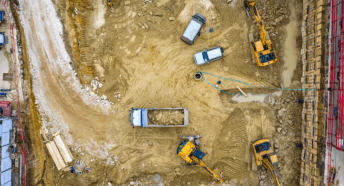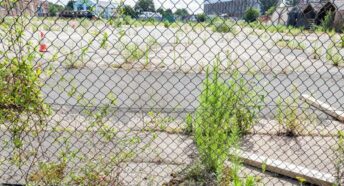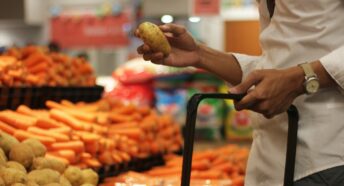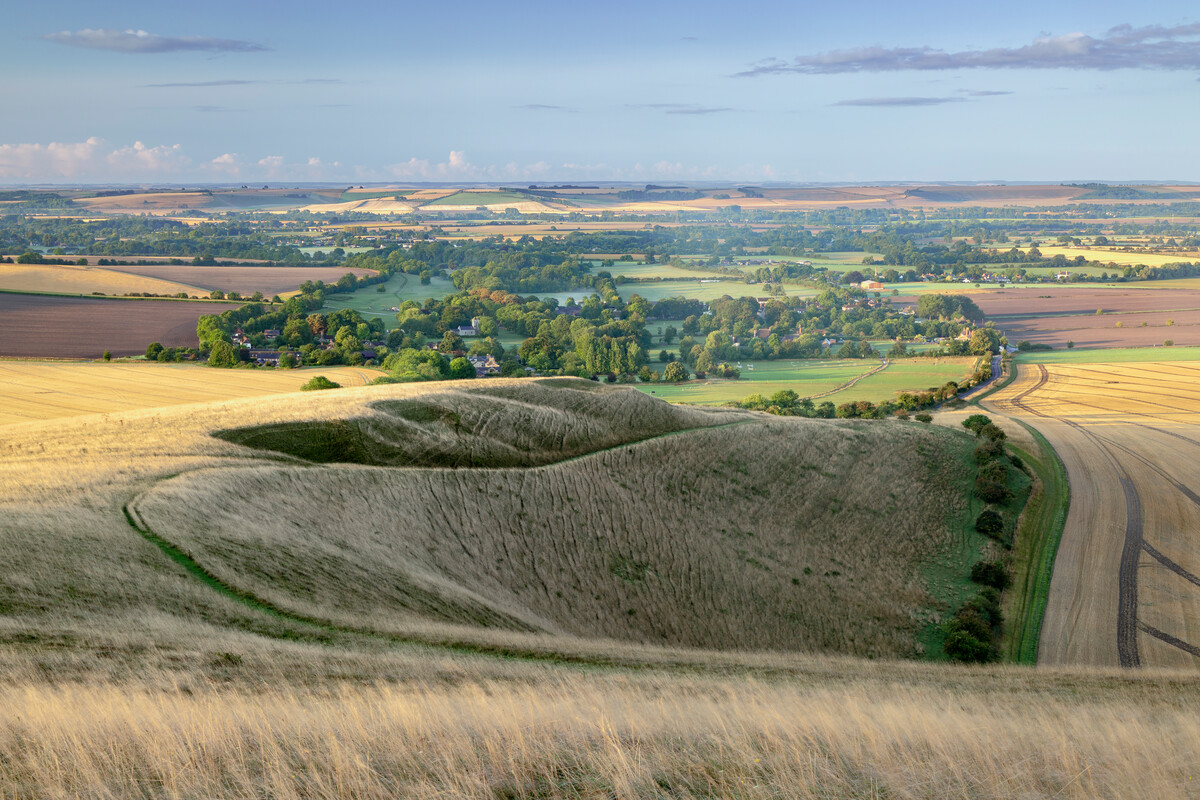Don’t bottle it: the long wait for a deposit returns scheme
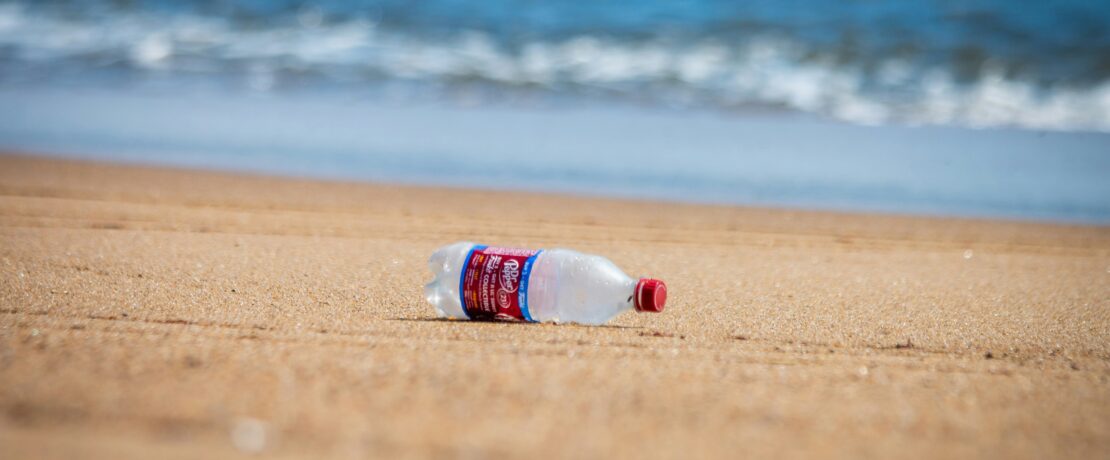
It feels like we’ve been expecting a Deposit Return Scheme for a very long time, which will boost recycling when our environment needs it most.
At CPRE, we’ve long-campaigned for a Deposit Return Scheme (DRS), even before government committed to introduce a scheme seven years ago. But it’ll be two more (long) years before a DRS is introduced in England, in October 2027. This will be the fourth time that the DRS scheme has been delayed; it was initially due to be introduced in 2023, and it mustn’t be bottled by the government again.
The DRS scheme introduction in 2027 will also happen in Northern Ireland and in Scotland at the same time. Just think of how this will improve recycling rates and in turn, reducing litter around our towns, cities, roadsides and green spaces.
So how would a DRS scheme work?
A small deposit, say 10p or 20p, would be added to the cost to you of buying cans and plastic bottles up to 3 litres in size. Producers will be adding DRS scheme labelling to each item so you’ll know what can be returned to get the money back. There will be what are called Reverse Vending Machines (RVM) in supermarkets and grocery stores (and some local shops), where you can take a batch of cans and plastic bottles to put in a machine, where you’ll get your deposits back. So, for example, if 20p is added to each item and you have saved 20 cans and ten bottles, then you’d get £6 back when you put them in the RVM.
Sweden’s DRS scheme was introduced over 40 years ago and is one of the oldest schemes in Europe. I’ve seen it first hand while visiting family there. In the supermarket nearby, there is a wall of Reverse Vending Machines as you walk in, so people could drop their recycling in, get the deposit back and then get on with their shopping. I’ve heard of a neighbour nearby who offers their bottles for deposit to my niece so she can return them and get pocket money. Sometimes Swedes will give their cans or plastic bottles to someone without a home, so that they can have that cash. Gathering cans and bottles, is a way of life in Sweden. In 2024, the DRS scheme saw over 2.8 billion plastic bottles and aluminium cans recycled—marking a nearly 6% increase from the previous year, which equates to an impressive average of 271 containers recycled per person!
And another great thing is that Sweden’s DRS system ensures that materials are turned back into new bottles and cans rather than being downcycled into lower-grade products. In 2024 alone, Sweden’s deposit system helped prevent over 180,000 metric tons of CO₂ emissions—equivalent to the yearly emissions of a medium-sized Swedish city. Amazing stuff.
Most of us in the UK are used to recycling too, be it paper or card on one week then the plastic and cans the next. Just think, when the DRS is introduced, we’ll be able to make some money first before they are recycled.
What happens next?
Two positive steps towards setting up the DRS scheme have happened this year. Firstly, In January, the government put the regulations into law which described how a DRS would work. This was followed by a Deposit Management Organisation being set up in April – who will be the official DRS scheme operator in England, Northern Ireland and Scotland. They are also designing the Reverse Vending Machines that we’ll be seeing in shops in October 2027.
Our hope
We’re excited at CPRE that the Deposit Return Scheme is finally edging closer, but it must not be delayed again.
It’s a great opportunity for the businesses that produce cans and bottles to support a cleaner environment, which will also mean reduced carbon emissions and costs to create new plastic and cans. After all, we want to protect and regenerate our countryside for people and nature, and ensure that it’s used sustainably for generations to come. Imagine how much we might have achieved in 40 years’ time!




